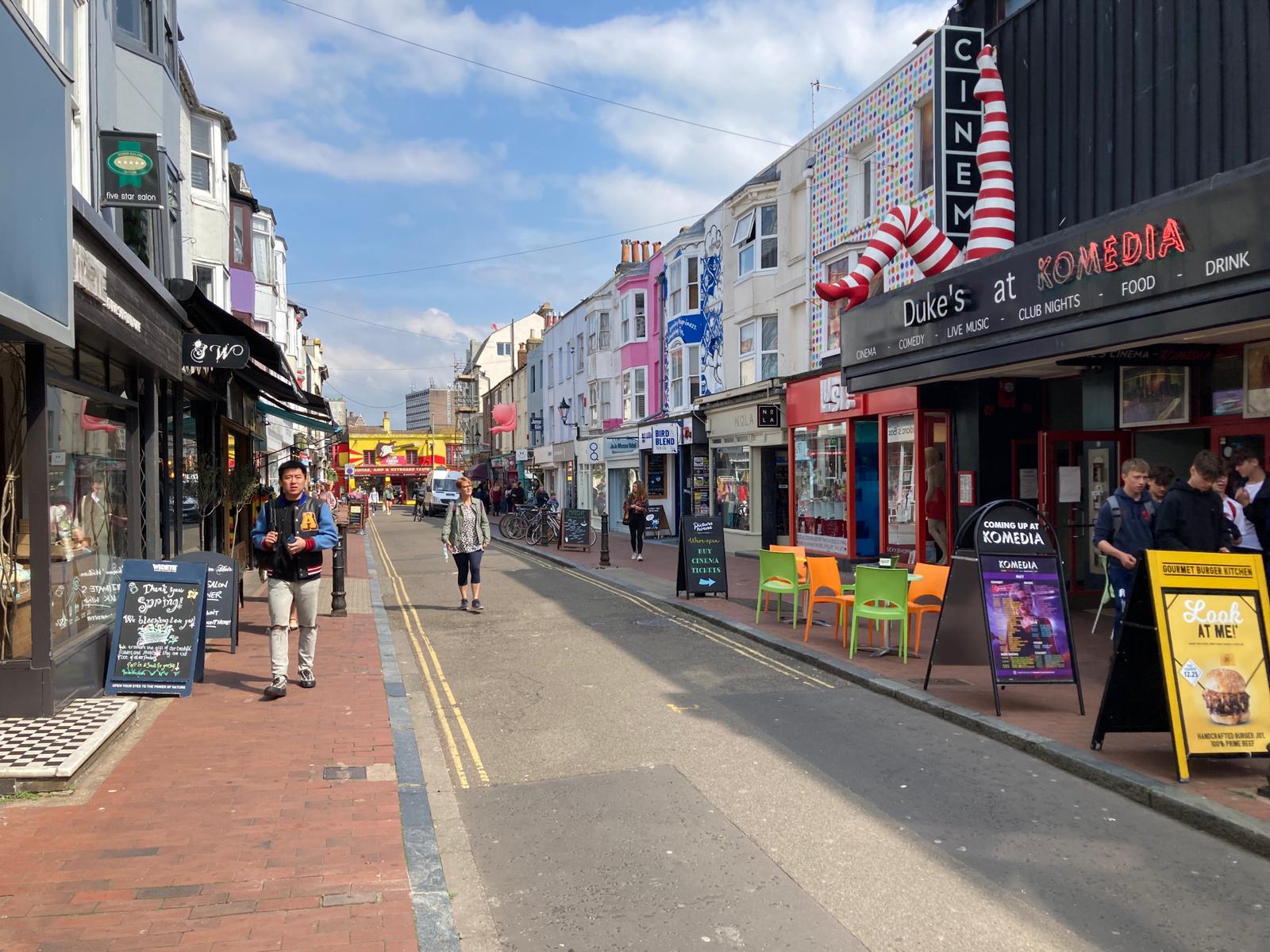Whilst we would all love to live in an idealistic world of perfection where high streets are full of occupiers and shops are full of customers sadly it’s not possible to be a constant reality!
Last week I was listening to the radio and a discussion was taking place about property and how it could be maximised to help the homeless and reinvigorate towns. One voice on the panel suggested that the government or local councils could seize empty properties and use them as they require. This suggestion was met with disdain by the rest of the panel and references were made to us living in a democratic society and this was more akin to others around the world waging war right now! Roll on a few days and there is talk that new powers will be introduced as part of the Levelling Up and Regeneration Bill, which will be announced in the Queen’s Speech next month that will allow councils the power to force landlords to let out properties by way of an auction that have been empty for 6 months or more.
The finer details have yet to be revealed however from what I can make out it’s suggested that if a landlord has an empty commercial retail unit for more than 6 months local councils will force a situation whereby properties will be auctioned off to the highest bidder on a rental basis with a view that those who can’t afford premises will now be able to.
In my opinion whilst a nice idea I see that there could be a lot of flaws to consider that may cause issues:
- How will local councils manage this? From what I understand many are struggling to recruit staff and afford to do so with cutbacks in place in pretty much every department.
- Where the properties will actually be occupied and thus benefiting from small business rates will councils see a fall in income?
- Where properties are non-compliant, will the onus fall on the landlord or the local council?
- How will this work with lenders that won’t approve the scheme?
- Where properties are proposed for development, will they be excluded?
- Will there be a set timeframe for occupiers, will landlords be prevented from putting long term operators into properties?
- Will it be a false start with landlords finding loopholes to avoid?
- Who will dictate the terms? Will it be a standard nationwide template or will they be bespoke?
I hope I’m wrong but it seems like a kneejerk idea that if it does take off will take many years to fine-tune and may well also deter landlords from owning retail property if they lose control of who they let their own property too. In my opinion, there are a number of other far more sensible options that would assist the high street filling units which would include:
- A major business rates overhaul. The current system is outdated ad favours some businesses whilst persecuting others. With a level playing field or more incentivised rates, schemes would benefit retail centres.
- Parking schemes need to be encouraged. Whilst online is desirable there is still a market for those that still want to shop and see or feel the goods. Those customers in most instances want to drive however end up being discouraged from some towns and cities due to excessive parking charges. Where parking is managed well, especially at trade parks this encourages shoppers and hence there are fewer empty units. This could even be achieved, as some cities have done with a well-run park and ride scheme, to keep traffic down.
- Rather than the suggested set-up, perhaps a grants system could be put in place where retailers taking units that have been empty for at least 6 months would benefit from a grant towards a market rent for a period of time.
- Perhaps councils could take leases for commercial property in the way they do for residential and then sublet them to smaller or new businesses.
Let's see how this goes, but I’d be surprised if there wasn’t massive resistance from landlords, their banks and even local authorities who don’t have the manpower to manage the proposal!


